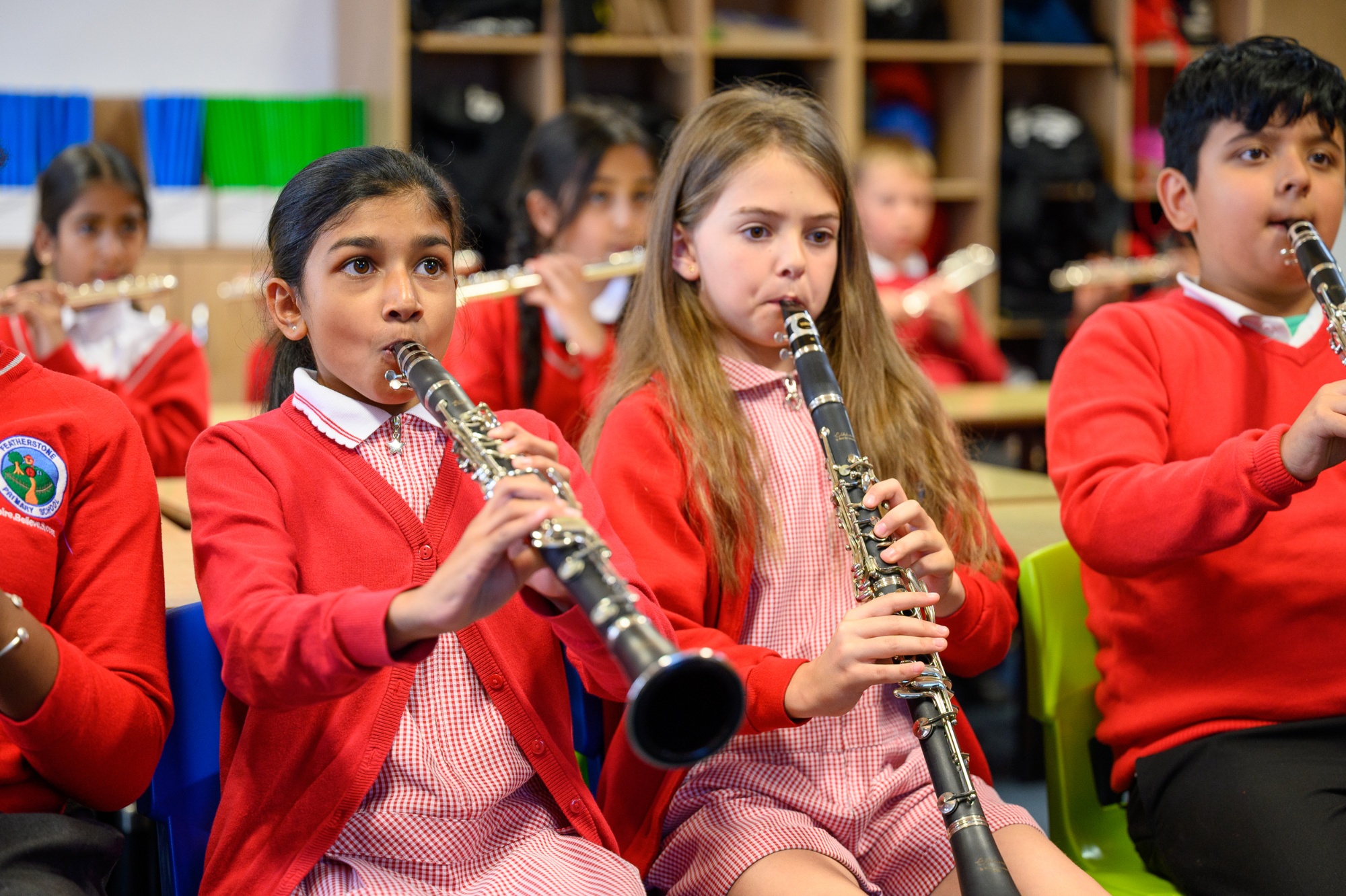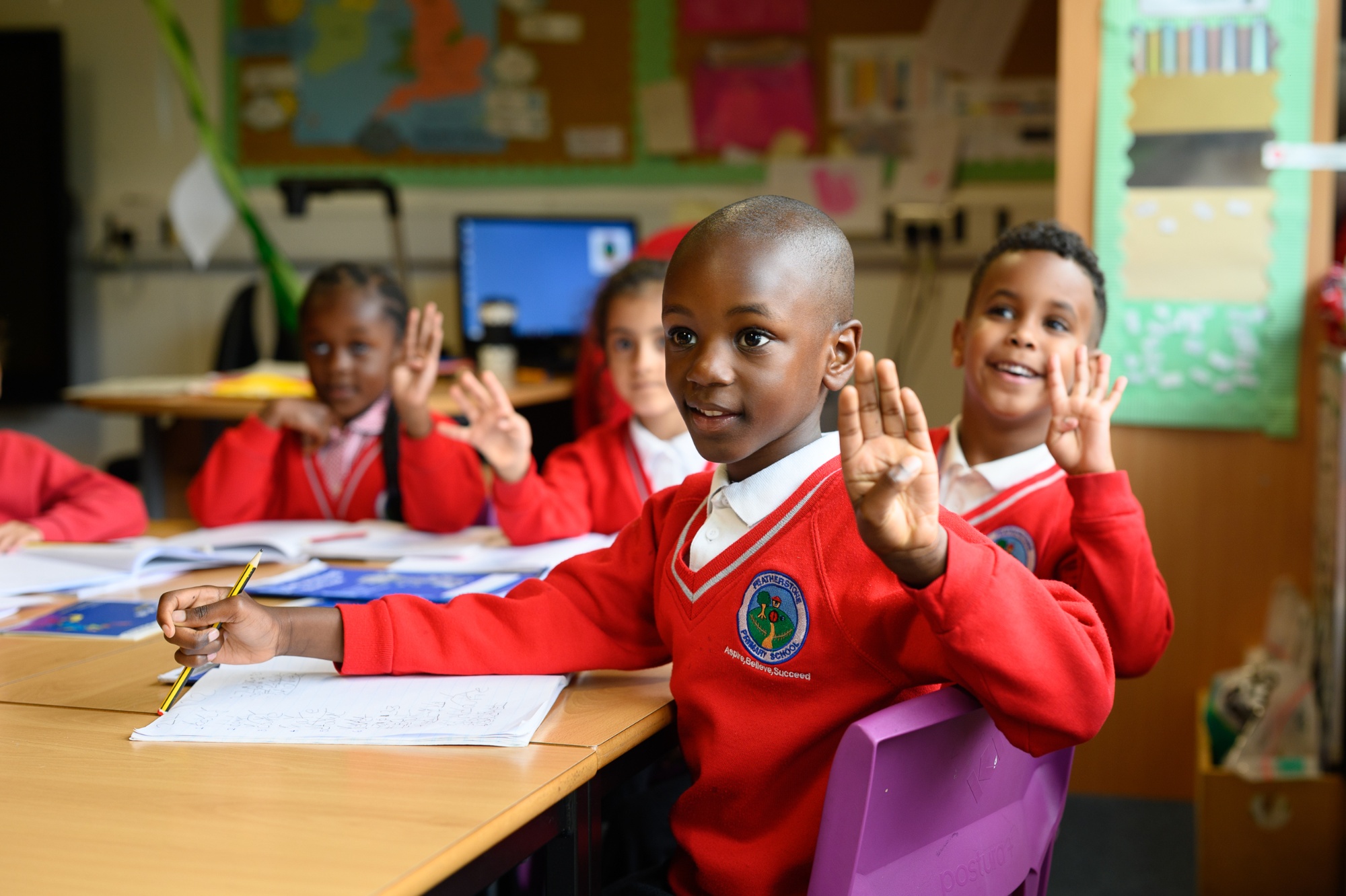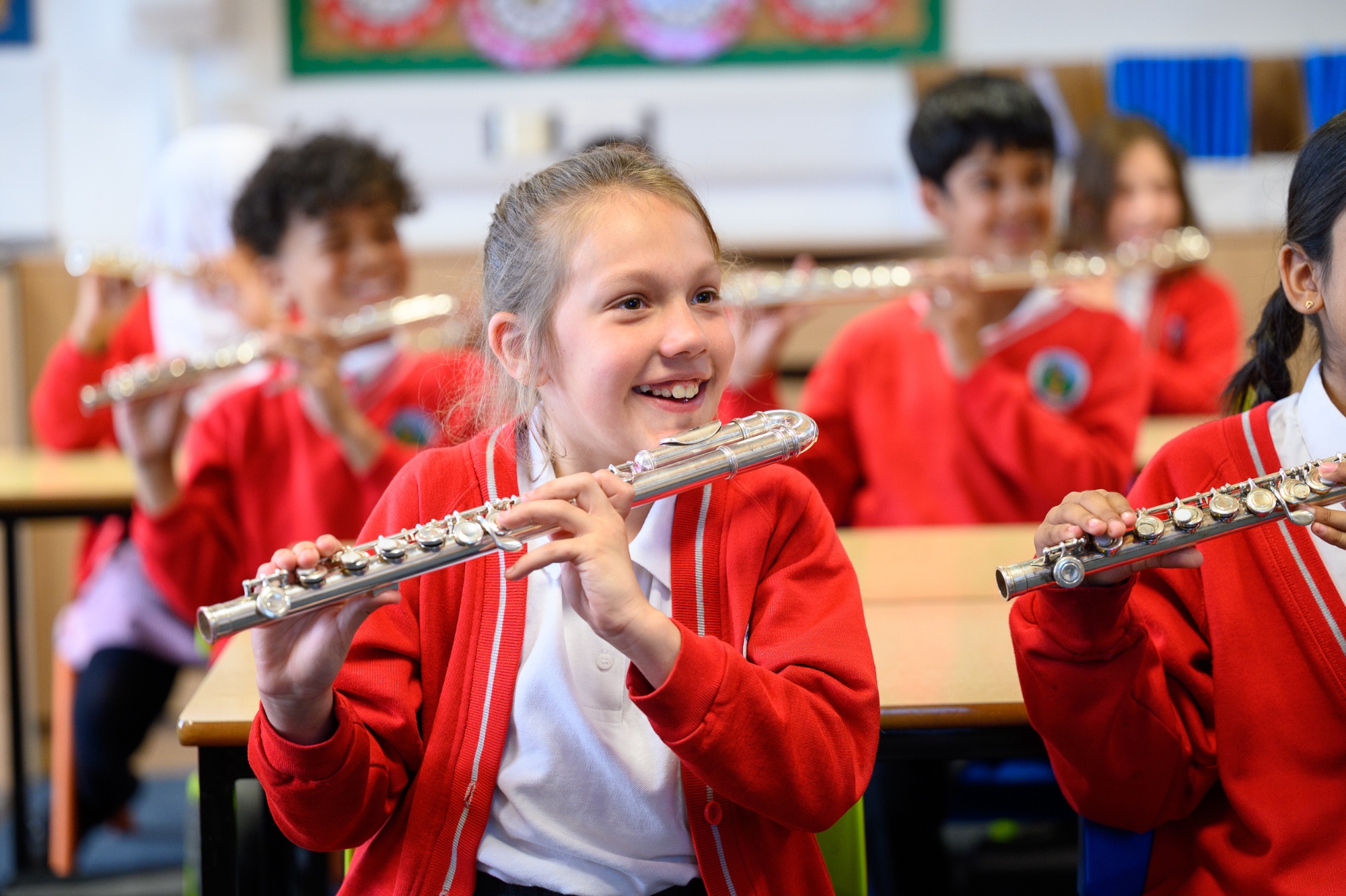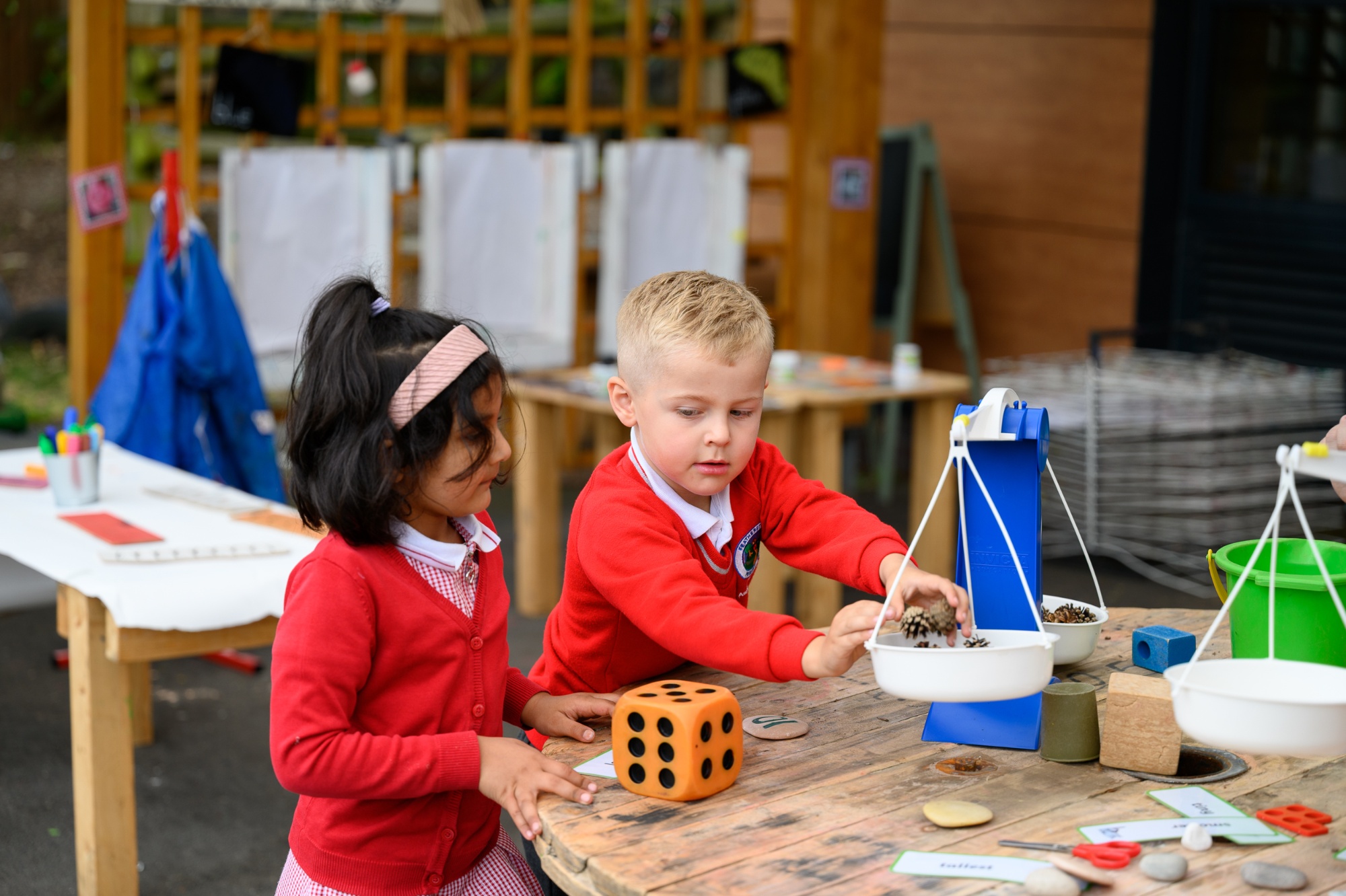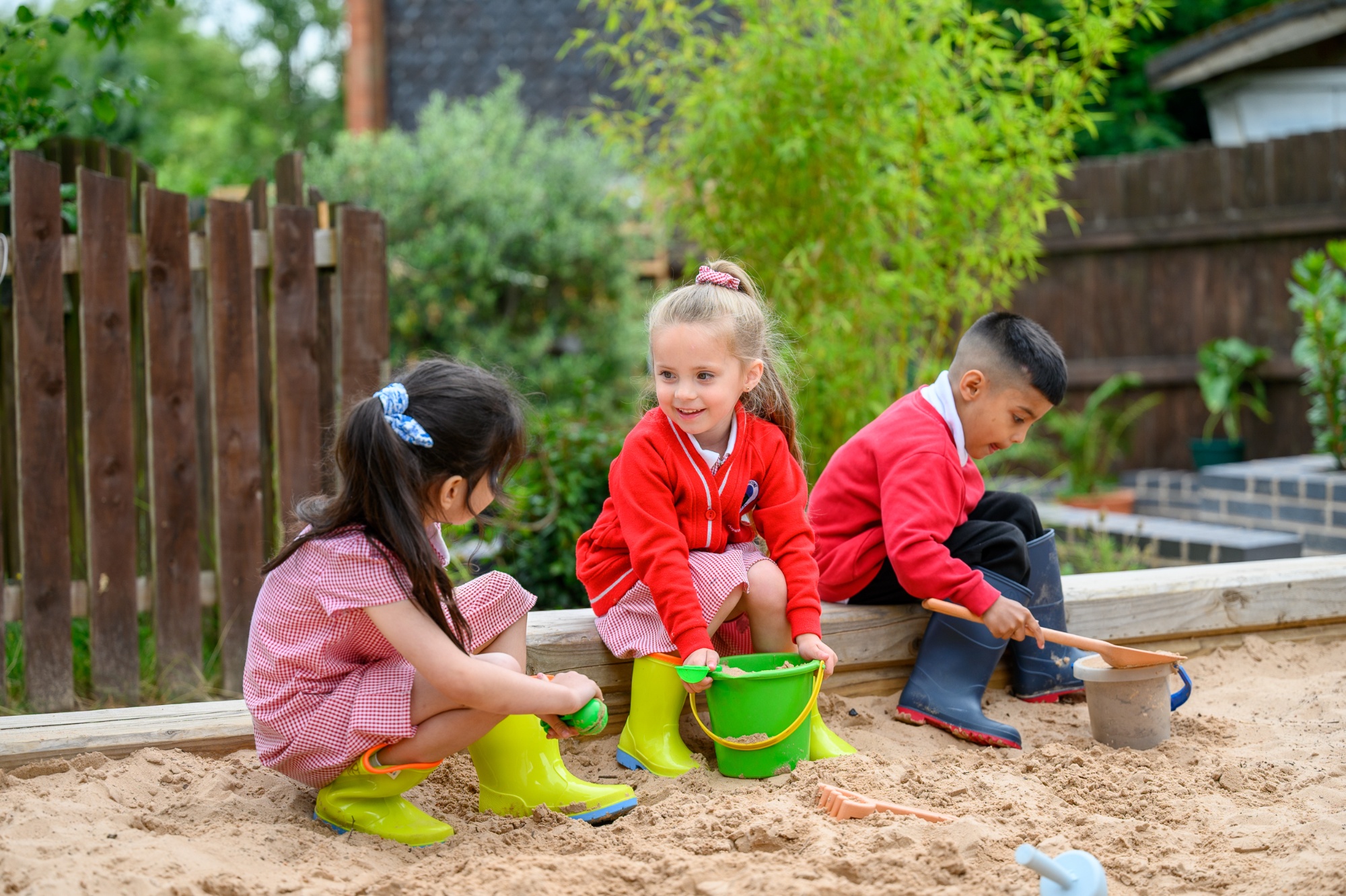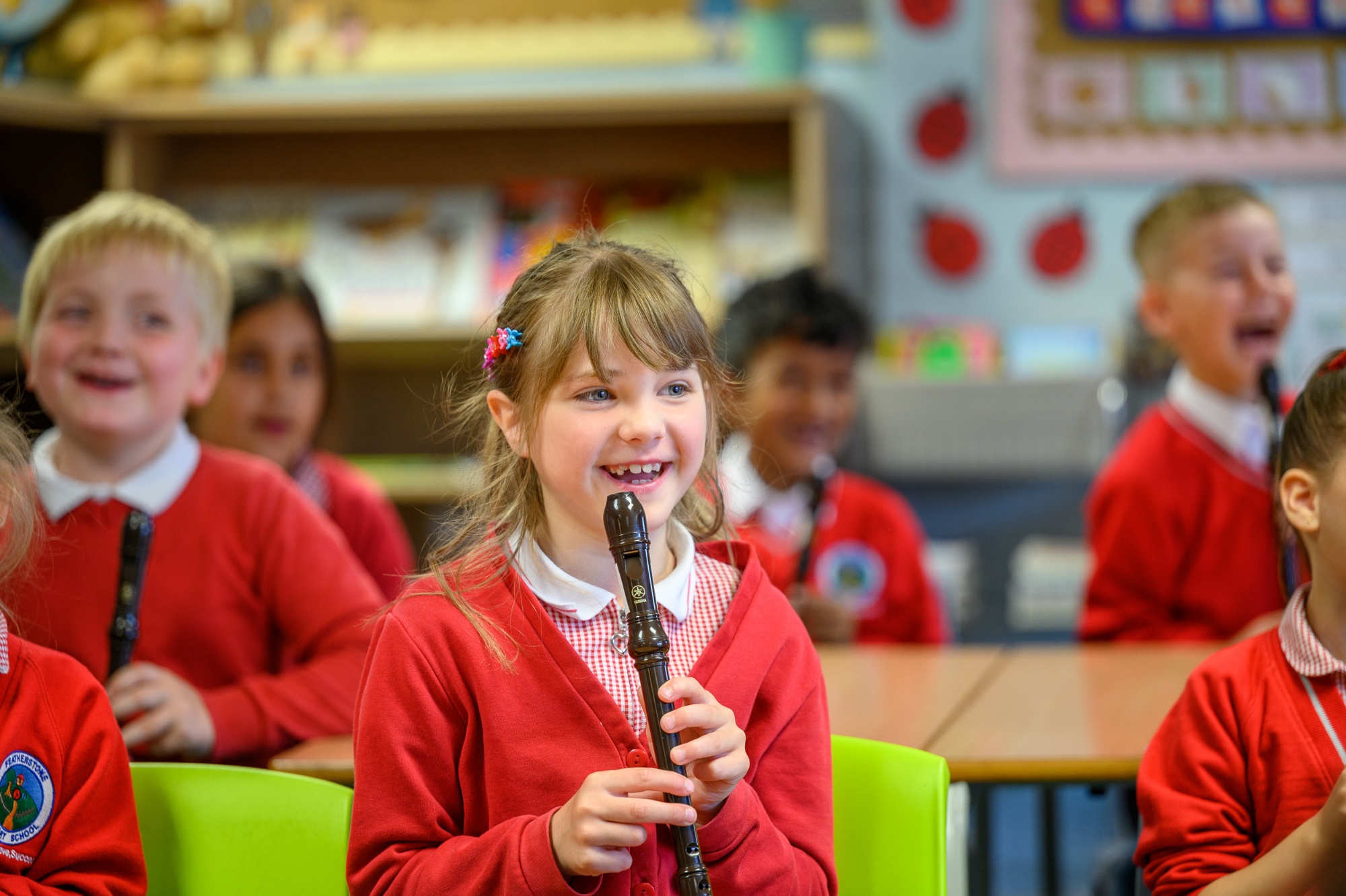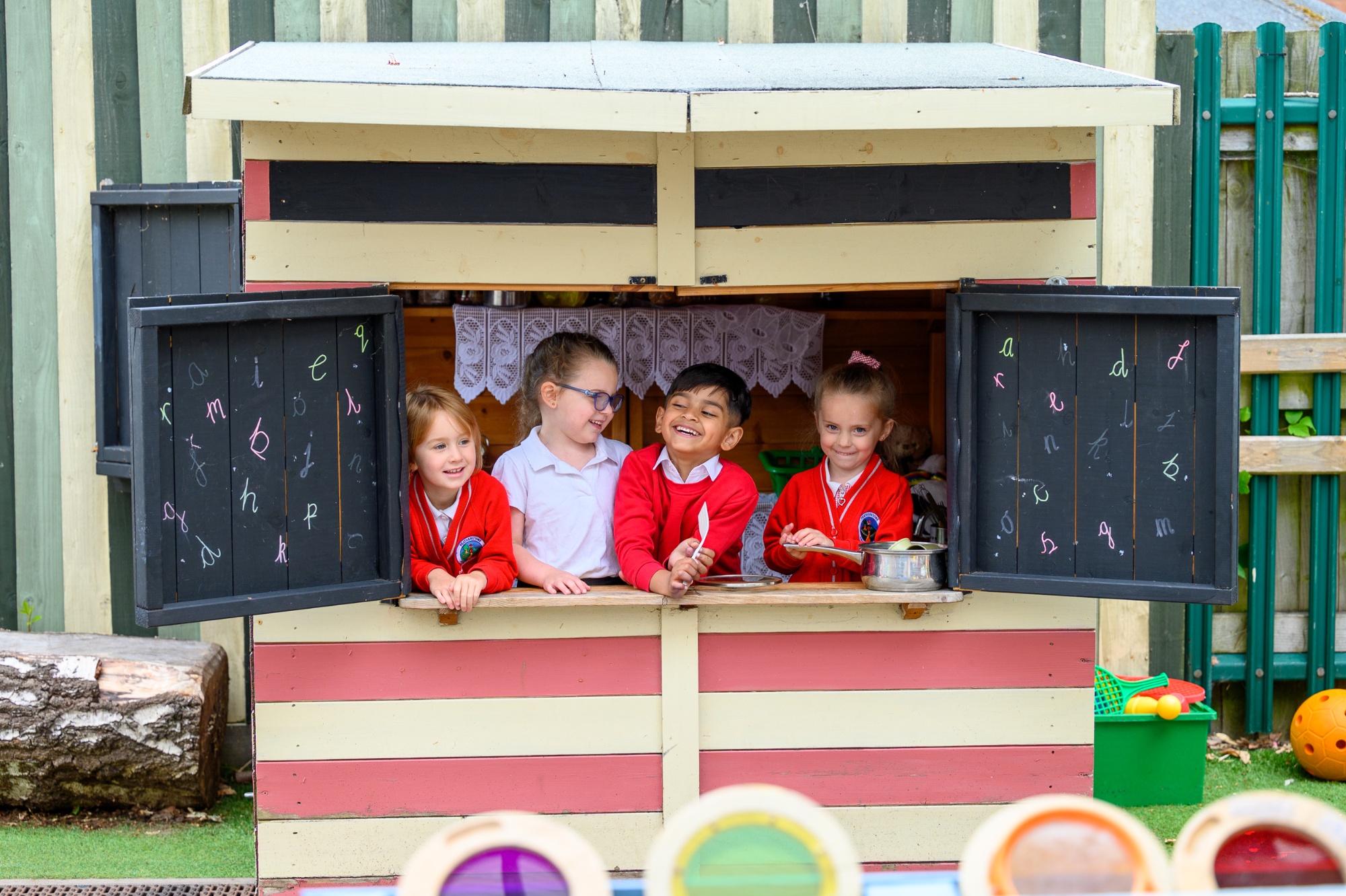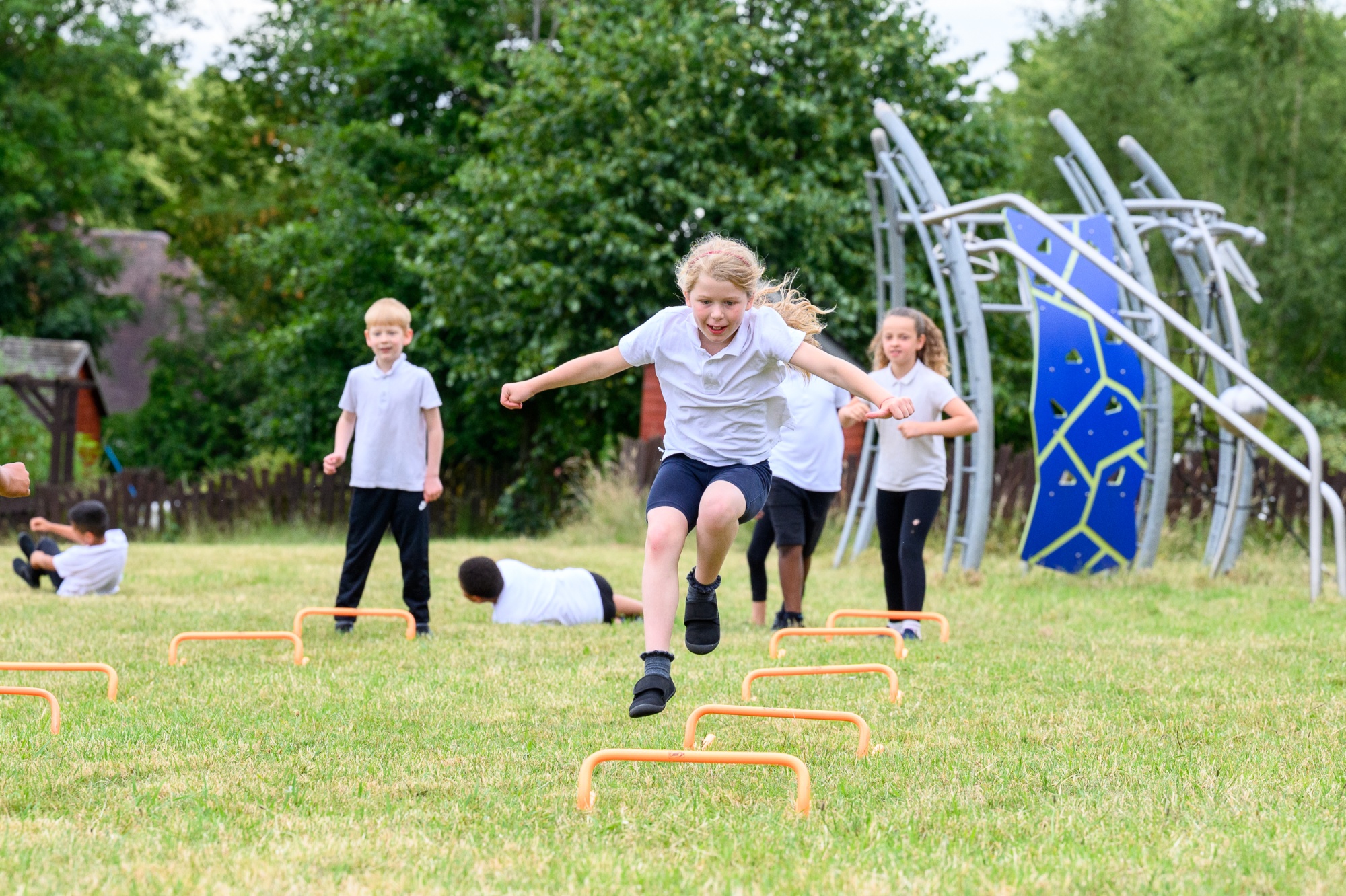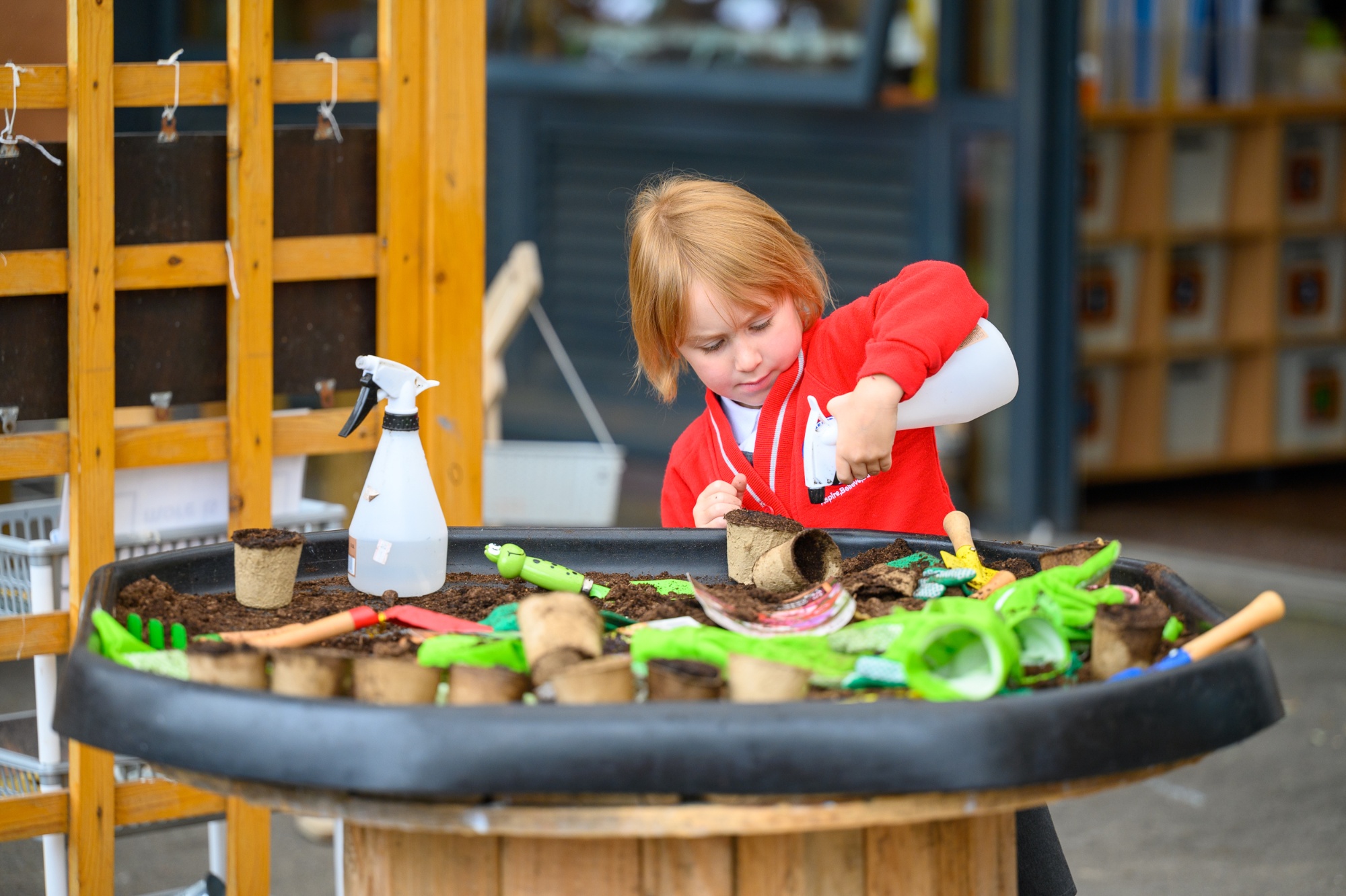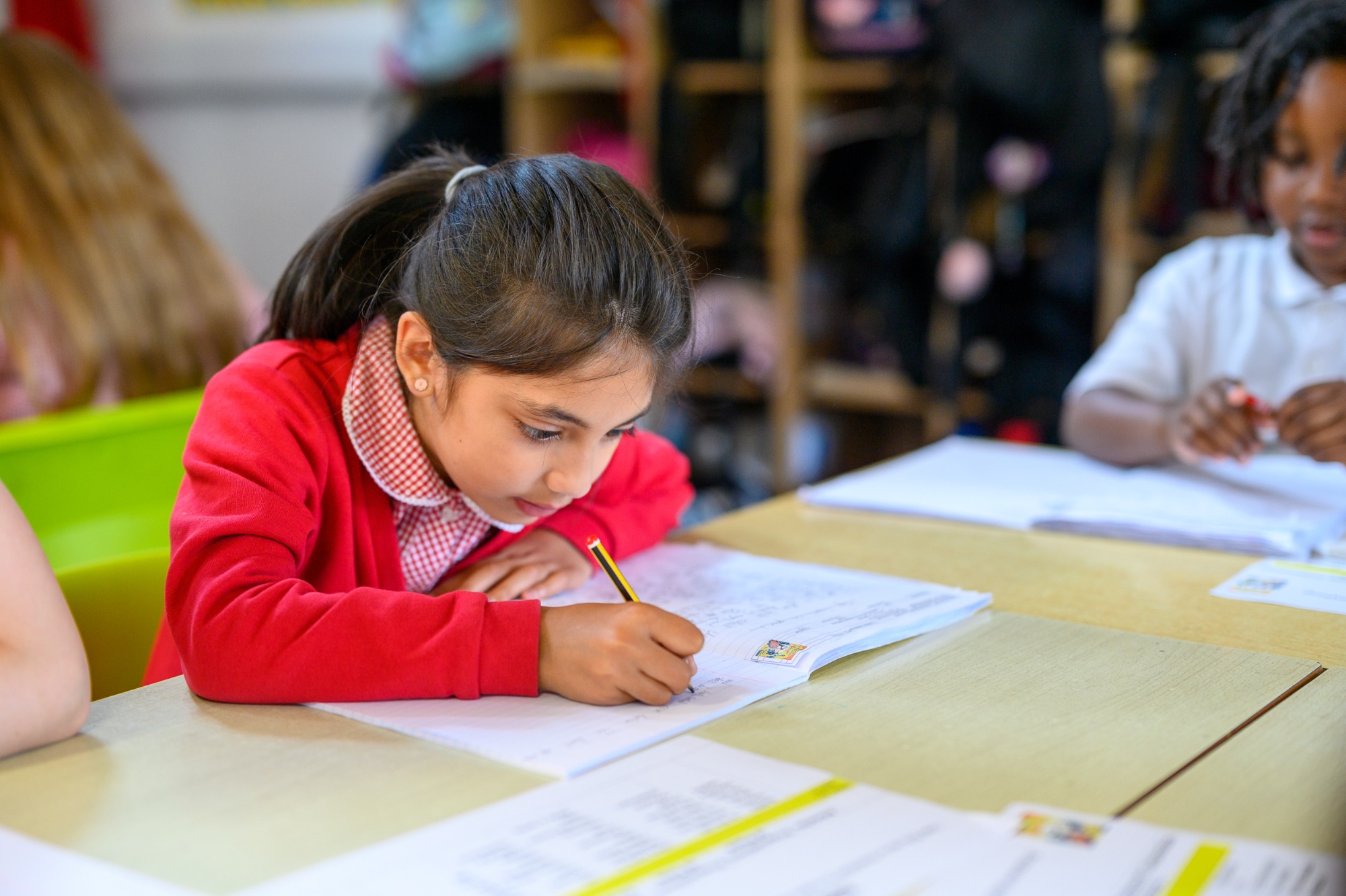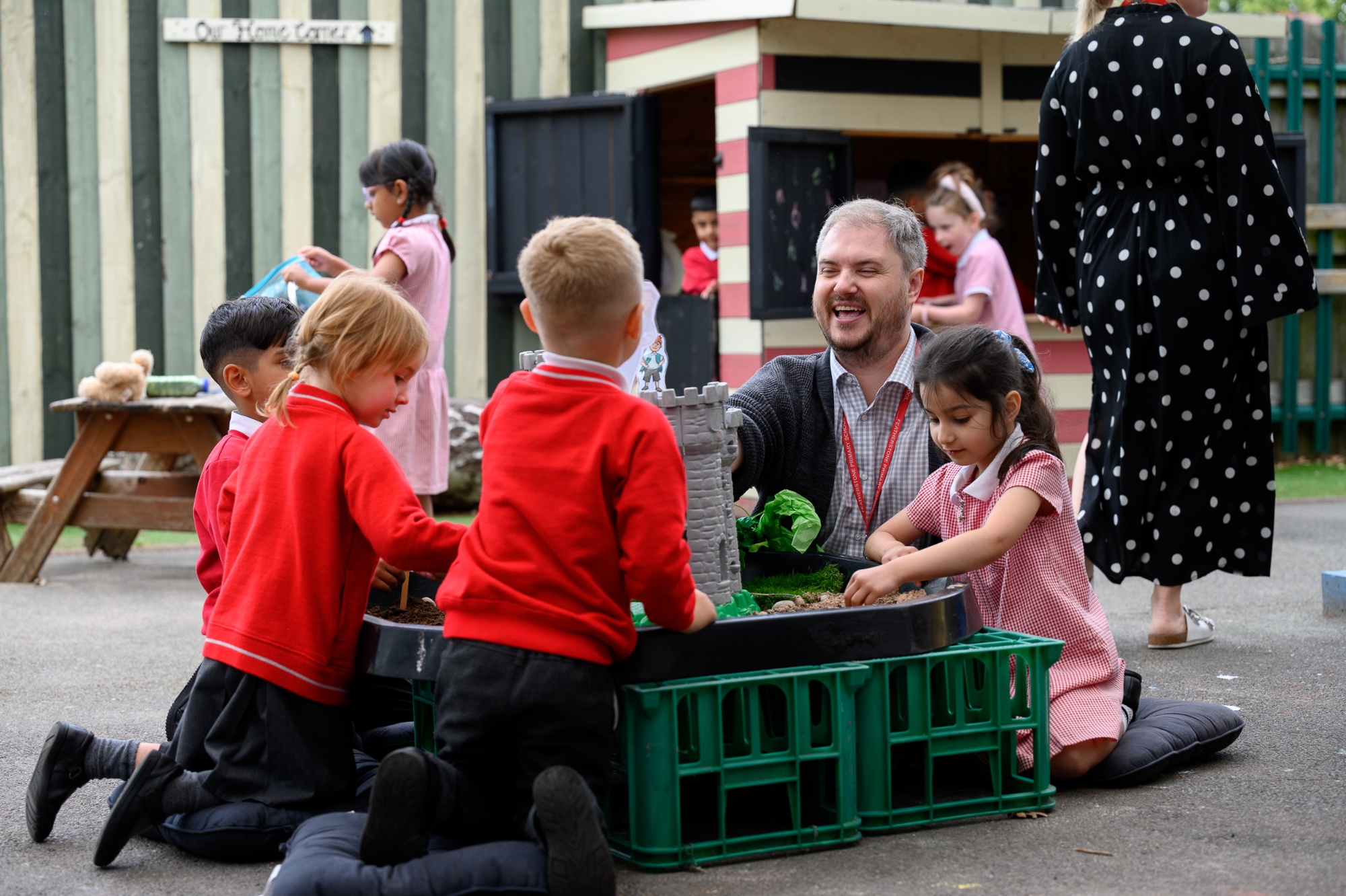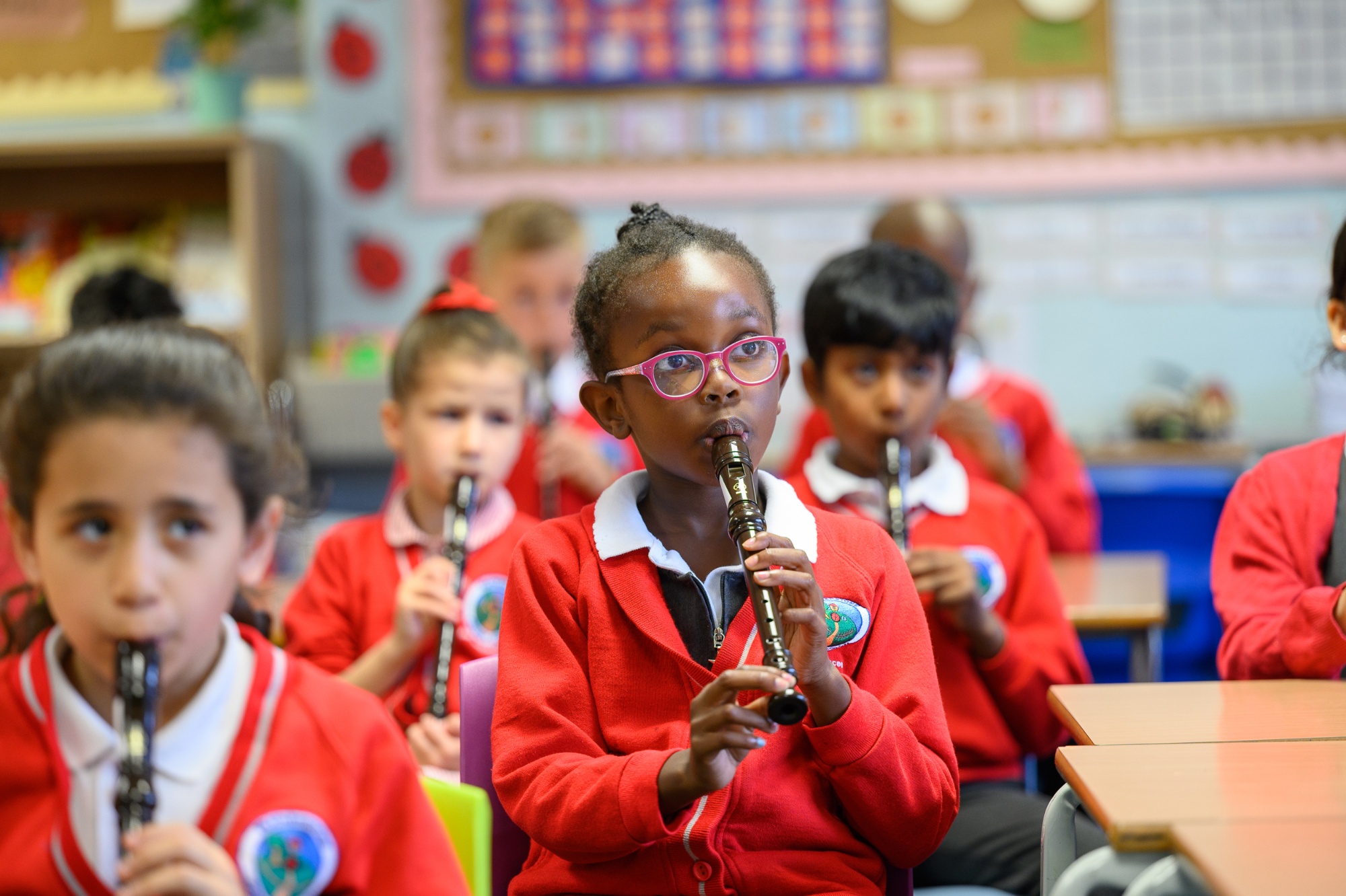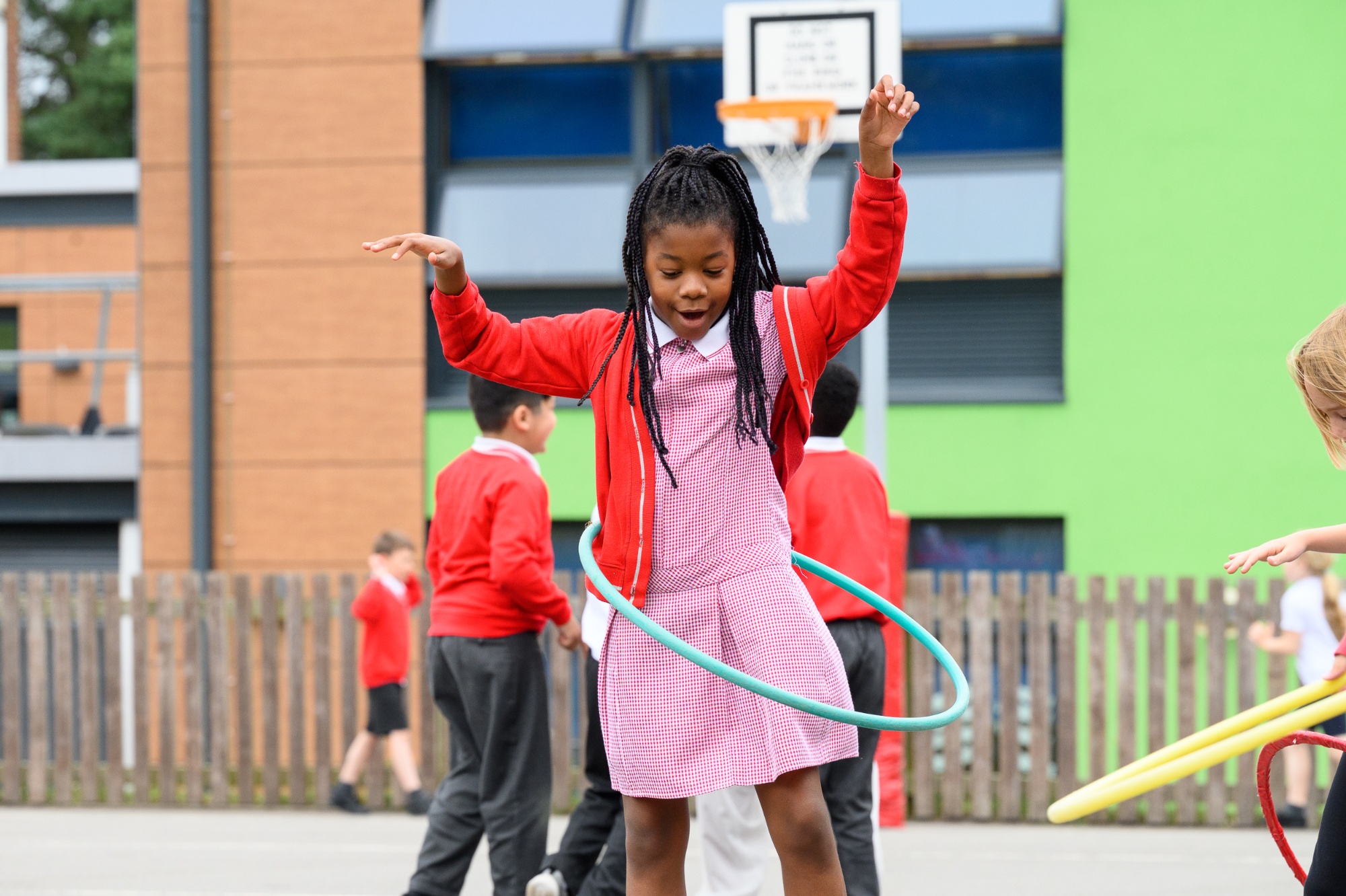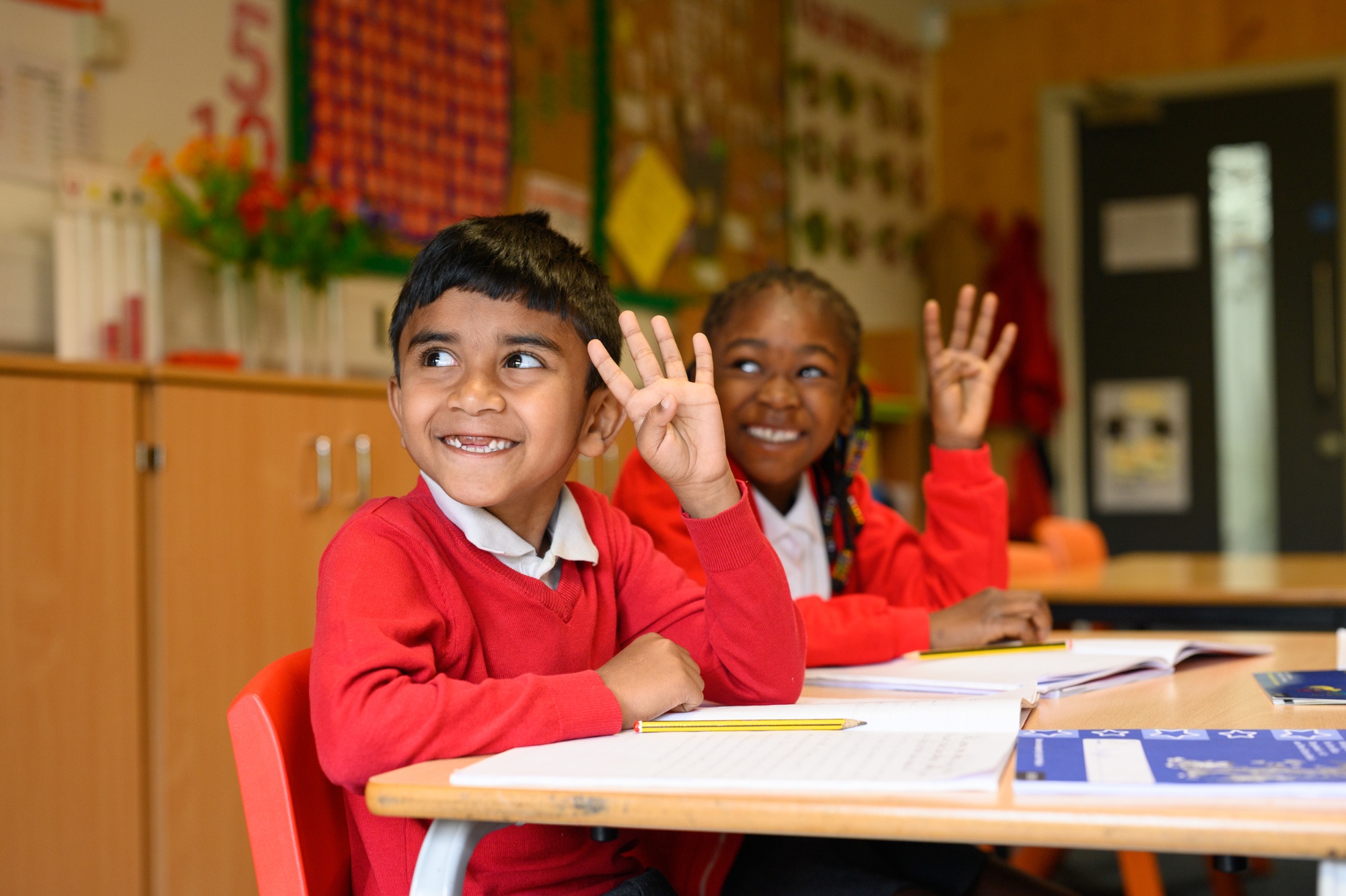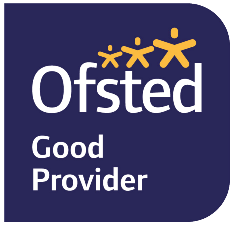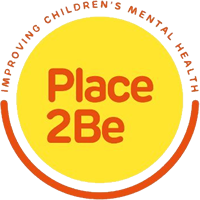|
Types of need and what that could look like
|
Examples of support available in our school
|
How we check it is working.
|
|
Children and young people who find learning, thinking and understanding harder than most other pupils.
Some of the things children and young people with these difficulties might find difficult are:
- Take longer to learn important skills
- Find it difficult to remember things such as the important words for reading and times tables
- Find it hard to understand how to use letter sounds to read and spell words
- May need more time to think about their answers
|
- Teachers change what they are teaching or the way they are teaching in order to help the child or young people learn more with the rest of the class
- Extra support can be given in a small group by an adult to help the child or young person learn the things they are finding difficult
- Extra support can be given to the child or young person by an adult for short time during the day to support them learn skills
- Individual targets set to help show what the child or young person needs help with
- Access to specialist support from a teacher or other professional (usually Pupil and School support and/or Educational Psychology Service)
|
- Look at the targets set to see if the child or young person has achieved them
- Talk to adults who have worked with the child or young person
- Talk to parents
- Talk to the child or young person
- Use the chosen tracking system to see how much progress the child or young person has made against their SEND targets
- Use the school tracking system to see how much progress the child or young person has made against their Year group targets
- Have meetings with other staff in school to talk about how the child or young person is learning
- Ask for other professionals to work with the child or young person to check the progress being made
- Have meetings with parents and other professionals to discuss how we can support the pupil further
|

